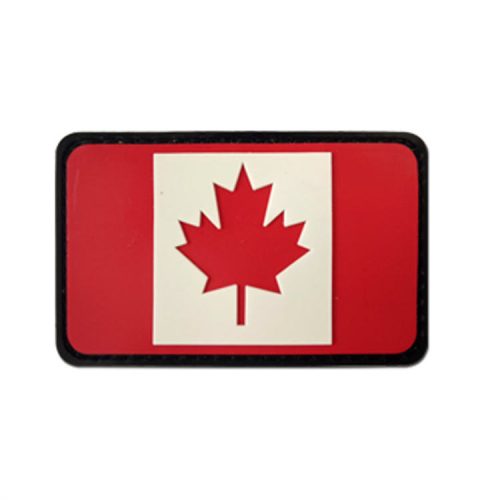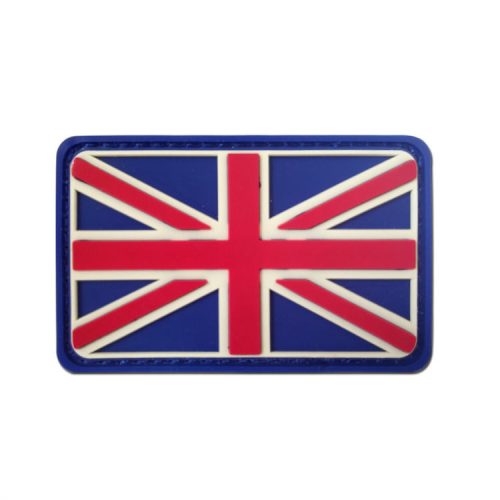The country’s flag is a symbol of national identity and can play an important role in international relations. Here are some ways in which a country’s flag can be significant in international relations:
- Diplomacy: The flag is often used as a symbol of a country’s presence and identity in diplomatic settings, such as embassies, international organizations, and official meetings.
- International events: The flag is prominently displayed at international events such as the Olympics, World Cup, and United Nations General Assembly, representing the country and its people.
- Trade and commerce: The flag can be used to promote a country’s products and services abroad, and it can help establish a recognizable brand for a country’s exports.
- Tourism: The flag can be used as a symbol of a country’s tourism industry, and it can be used to attract visitors by promoting the country’s natural beauty, culture, and heritage.
- National pride: The flag is often seen as a symbol of national pride and can evoke strong emotions and feelings of patriotism, which can be used to unite people and rally support for national causes.
In addition, a country’s flag can also be used to communicate messages or express support for political or social causes. For example, during times of crisis or conflict, the flag can be used to show solidarity with other countries or express support for humanitarian efforts.
In conclusion, a country’s flag can have a significant impact on international relations by representing the country’s national identity, promoting its products and services, attracting tourists, and rallying support for national causes.


